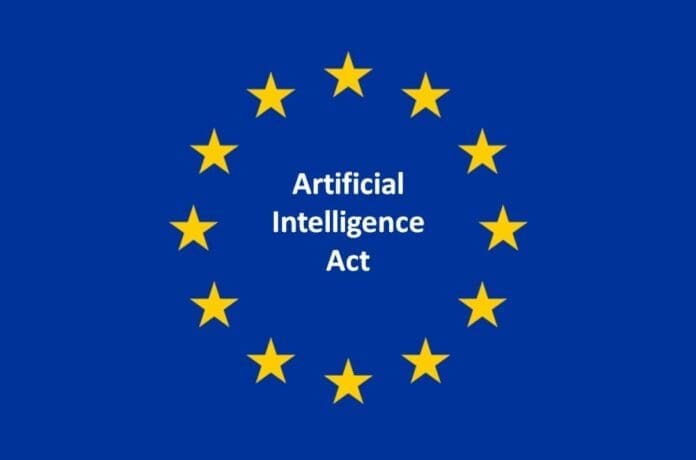The European Union’s AI Act, a risk-based framework for regulating artificial intelligence applications, appears to have cleared the final major hurdle to approval after Member State delegates voted today to approve the draft law’s final text.
“Historic, world first, pioneering…”
The #AIAct unleashed a lot of passion…and rightly so!
Today all 27 Member States endorsed the political agreement reached in December — recognising the perfect balance found by the negotiators between innovation & safety.
EU means AI!🇪🇺 pic.twitter.com/dPNeOpLBnT
— Thierry Breton (@ThierryBreton) February 2, 2024
This new development followed the political agreement that was struck in December, after many days of gruelling “final” meetings between the co-legislators from the European Union. Since then, efforts have been initiated to transform the consensus viewpoints expressed in preliminary negotiating documents into a final compromise text that could be approved by MPs. Today, the draft regulations were affirmed by a vote in Coreper.
In the proposed rule, among other things, are several AI applications that are outright forbidden (or considered an unacceptable risk), such as social scoring. Additionally, the rule will impose transparency requirements on AI chatbots and other high-risk applications that could damage people’s health, safety, basic rights, the environment, democracy, or the rule of law. Legal protections will not extend to so-called “low-risk” AI uses.

Much of Brussels will breathe a sigh of relief when the vote confirms the final text. Even at this late stage, the regulation still faces the risk of being derailed due to France’s persistent opposition to the risk-based AI regulation. This opposition stems from a desire to avoid legal limits that could restrict the rapid growth of local generative AI startups like Mistral AI, which could pose a threat to the rise of US AI giants.
Ultimately, the text received unanimous support from all 27 ambassadors representing EU Member States.
📝 Signed!
Coreper I Ambassadors confirmed the final compromise text found on the proposal on harmonised rules on artificial intelligence (#AIAct).
The AI Act is a milestone, marking the 1st rules for AI in the 🌍, aiming to make it safe & in respect of 🇪🇺 fundamental rights. pic.twitter.com/QUe2Sr89A5
— Belgian Presidency of the Council of the EU 2024 (@EU2024BE) February 2, 2024
There was little time for re-negotiations due to the impending European elections and the expiration of the present Commission’s mandate later this year; if the vote had failed, the entire regulation may have collapsed.
After this, the ball is returned to the European Parliament for final adoption of the bill draft, where members of both the committee and plenary will have the opportunity to vote on the compromise wording. These impending votes appear academic, nevertheless, because the majority of the opposition came from just a small number of Member States. With any luck, the European Union’s flagship AI Act will become legislation shortly.
Twenty days following its publication in the Official Journal of the European Union, the Act, once adopted, will become effective. The new regulations will be phased in over time, with in-scope apps including AI models given six months to adapt. Around the autumn, the regulations will outlaw some uses of AI.
Foundational models, often known as general purpose AIs, will not be subject to regulations until 2025, thanks to the phased entry into force that permits one additional year. The majority of the remaining regulations will not be enforced until two years after the publication of the law.
Efforts are underway to establish an AI Office within the Commission. This office will be responsible for monitoring the compliance of additional powerful foundational models that are believed to provide a systemic risk. Retooling the bloc’s supercomputer network to assist generative AI model training is one of several measures revealed recently to improve the chances of domestic AI developers.




